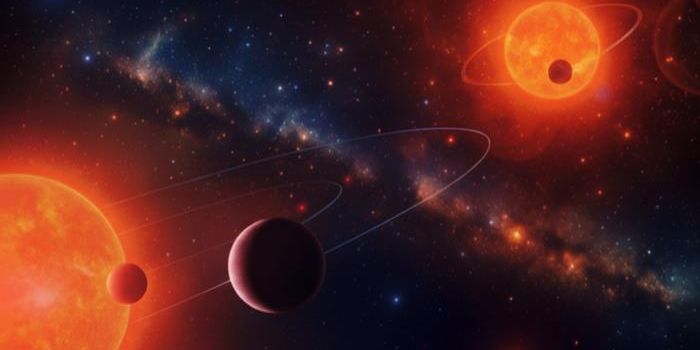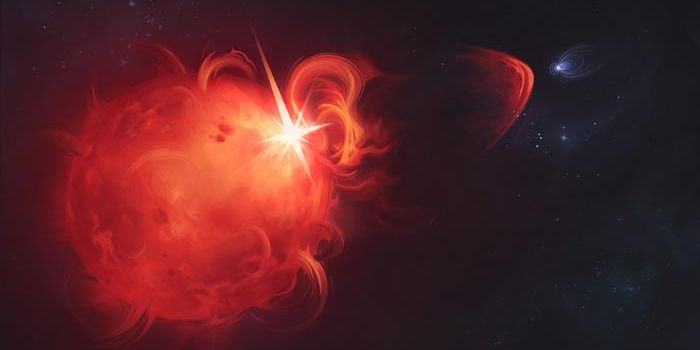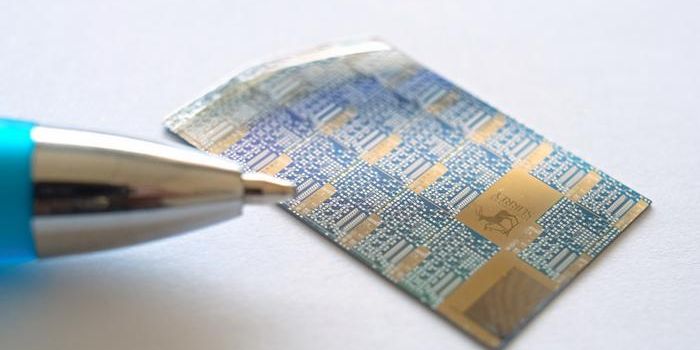Today is 3/14/15, which is a super-special Pi Day that comes around only once a century. (That is, if you ignore that 3/14/15 is only special using standard American date-writing conventions. But why not?) While traditionally, Pi Day is celebrated on 3/14 at 1:59, this year you can celebrate on 3/14/15 at 9:26.
What can you do to celebrate the greatest mathematical constant? A start would be to bake a pie in a "pi" pan.

Then, bust out the mnemonics and poetry! Let me remind everyone of my own contribution to pi: a mnemonic for 167 digits of pi, which I developed with some friends in the mid-'90s.
Many people know the common mnemonic: "How I need a drink, alcoholic of course, after the tough lectures involving quantum mechanics." Count the number of letters in each word and stick a decimal point after the 3, and you get: 3.14159265358979, which is already more than you need for most purposes. The thirty-second digit after the decimal point is a zero, which in this mnemonic we represent by the end of a sentence. Here's 167 digits' worth:
How I need a drink, alcoholic of course, after the tough lectures involving quantum mechanics; but we did estimate some digits by making very bad, not accurate, but so greatly efficient tools!
In quaintly valuable ways, a dedicated student - I, Volokh, Alexander - can determine beautiful and curious stuff, O!
Smart, gorgeous me!
Descartes himself knew wonderful ways that could ascertain it too!
Revered, glorious - a wicked dude!
Behold an unending number: pi!
Thinkers' ceaseless agonizing produces little, if anything!
For this constant, it stops not - just as e, I suppose.
Vainly, ancient geometers computed it - a task undoable.
Legendre, Adrien Marie: "I say pi rational is not!"
Adrien proved this theorem.
Therefore, all doubters have made errors.
(Everybody that's Greek.)
Today, counting is as bad a problem as years ago, maybe centuries even.
Moreover, I do consider that variable x, y, z, wouldn't much avail.
Is constant like i?
No, buffoon!
Note that the word "greatly" in the first sentence was originally "f**king", but this is (sometimes) a family blog.
This was written up in the March 18, 1996 issue of The Scientist magazine and was also mentioned in Ivars Peterson's Mathland from March 11, 1996. As a stocking stuffer, you might try David Blatner's The Joy of Pi (1997), which quotes me on the subject.
Antreas Hatzipolakis compiled a list of pi mnemonics in the late 1990s, and some other pi links are here. One of the best pi mnemonics, which gets up to 740 digits, is a retelling of Poe's The Raven; here's its first stanza:
Poe, E.
Near A Raven
Midnights so dreary, tired and weary.
Silently pondering volumes extolling all by-now obsolete lore.
During my rather long nap - the weirdest tap!
An ominous vibrating sound disturbing my chamber's antedoor.
"This", I whispered quietly, "I ignore".
This is actually the beginning of a super-long work called Cadaeic Cadenza by Mike Keith, which is itself a mnemonic for pi and seems to have about 4000-5000 words.
Of course, a classic, even if it doesn't cite me, is the very opinionated A History of Pi (1976), by the very opinionated Petr Beckmann. You can also listen to pi music here (NPR story here); a much more ambitious pi-related composition is here.
By Sasha Volokh









